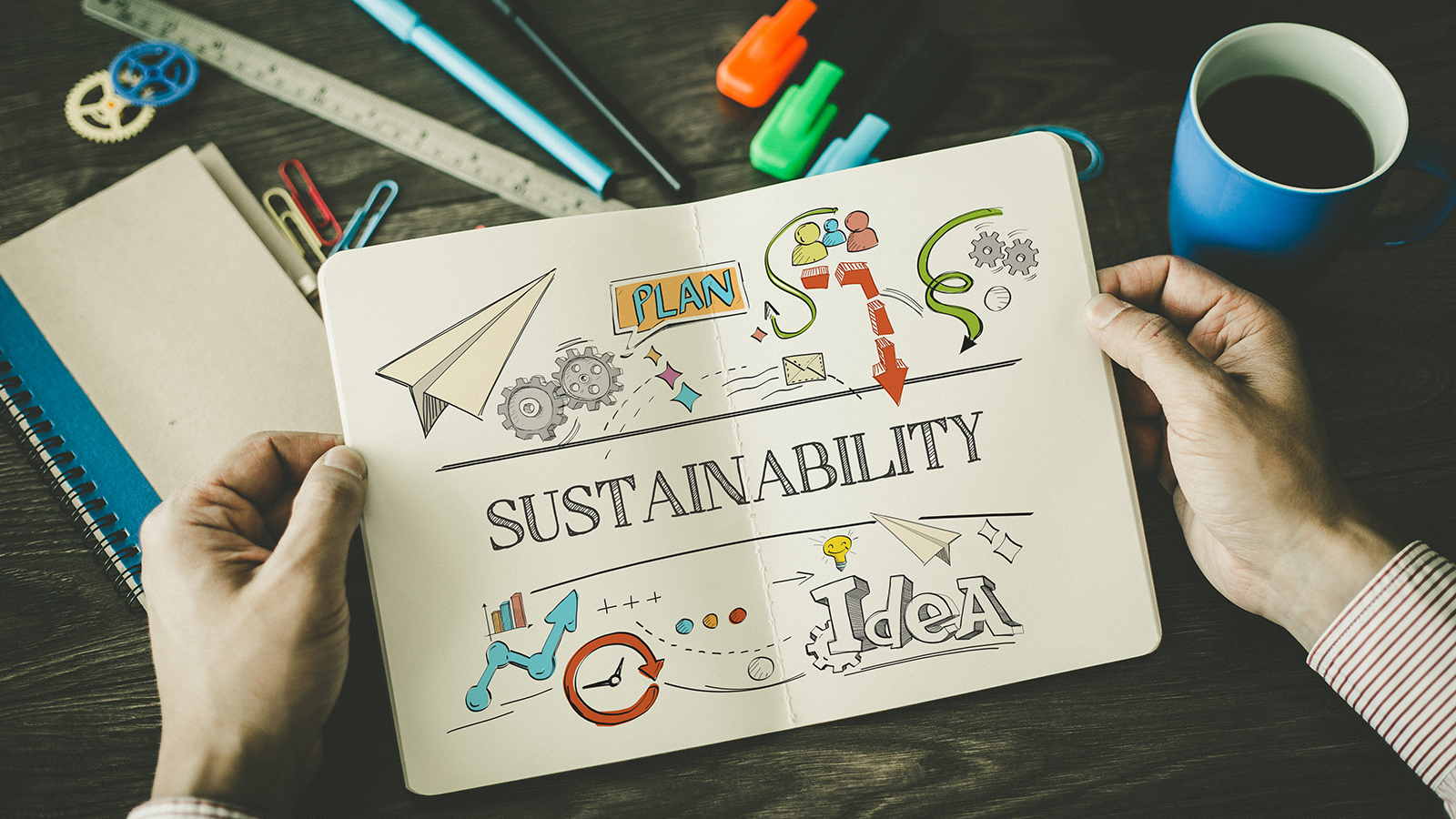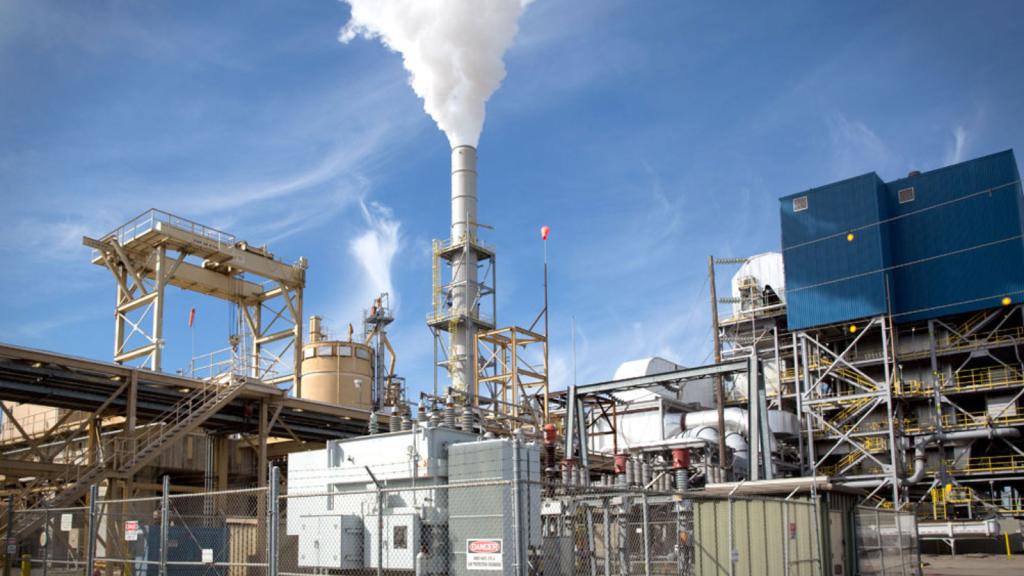In today’s rocky environment — thanks to a double-whammy of climate change and political upheaval — businesses without a blueprint for sustainability are going under water faster than Miami’s coastline. Consumers and stakeholders are putting the heat on industry leaders to be more transparent about environmental accountability. To stay afloat, many businesses are turning to green experts to help craft new ways of putting people and the planet first.
“It’s evolve or perish — that’s where we are now,” says Izabel Loinaz, Program Director at the Center for Sustainable Business Practices at the University of Oregon’s Lundquist College of Business. For two years in a row, the Princeton Review has ranked UO the best Green MBA program in the country. “Businesses have got to have resilience baked in because the whole ecosystem is incredibly rapidly moving,” Loinaz says.
UO students learn how businesses can adopt new practices to lighten their environmental footprints and have a net positive impact on the world. One way sustainability can become second nature in Big Business: taking a green approach to operations management, like The Footprint Chronicles at Patagonia, which strives to be transparent about the company’s supply chain. Another option: studying and making changes based on the life cycles of products and services, like reducing greenhouse gases across the process of making and distributing cars. Industry leaders are certainly taking note: UO graduates have worked with global powerhouses like Columbia Sportswear, Hewlett-Packard, and Nike in recent years.
Industries are increasingly on the hunt for experts with serious business and sustainability chops, Loinaz says. Experts who can craft new design blueprints — like making small tweaks to fabrics in the apparel industry to adapt to warming seasons — but who also have a clever eye for spotting new market opportunities are in high demand.
“Sustainable strategy is just that — it’s a strategy. It’s not a function, it’s not an industry, it’s not just recycling. That’s a very, very small piece of a much bigger movement for business,” Loinaz says. “We’re a launching pad for future industry leaders to solve the world’s problems, particularly the most pressing social and environmental ones.”
The health of a company’s labor force is inextricably linked to its environmental practices. Oftentimes the people who extract the resources companies use are underrepresented, marginalized, or disenfranchised. Nearly all smartphones, for instance, are made from mining rare metals and rare earth elements. As investigations show, it’s incredibly dangerous work that often requires miners — many of them children — to hand-dig tunnels hundreds of feet underground, with few safety precautions in place. Local communities are often exposed to poisonous levels of toxic metals and waste as a result.
Taking to social media, bugging businesses owners, and pleading for increased corporate social and environmental responsibility really can help solve some of these problems. Businesses are beginning to understand that the old adage “what happens behind closed doors, stays behind closed doors” just isn’t cutting it anymore.
This April, for example, Apple announced plans to stop using mined minerals and elements completely and to rely on recycled materials to make its products instead. The move is unparalleled in its scope, some say, especially for a mega tech giant.
“Can we one day stop mining the earth altogether?” Apple asked in its 2017 Progress Report. “It sounds crazy, but we’re working on it. We’re moving toward a closed-loop supply chain. One day, we’d like to be able to build new products with just recycled materials, including your old products.”
Apple still has some work to do, but its mission is ambitious. Americans produce nearly 50,000 dump trucks worth of e-waste each year, much of which ends up in dumps overseas with less stringent health and environmental safety laws. (One more reason to repair our smartphones and cut back on buying new gadgets.)
The bottom line (or triple bottom line, as it may be), is that more and more businesses are caring about sustainability, not just because they care about corporate responsibility, but because they care about the environment, too. That’s why training the next generation of sustainable business experts and industry leaders is more important than ever.
At the University of Oregon, they take sustainability seriously. So they teach students to identify innovative ideas and better materials. It’s why they designed their college of business to be one of the most energy efficient on any U.S. campus, and why they have the #1 Green MBA. In the Oregon MBA program at the University of Oregon, students learn to think about business from a business perspective — and a human one.
Here at Grist, you know what we like almost as much as solar panels? Partners! They help us keep the lights on so we can keep bringing you the best and most Gristy journalism on the planet. Click here for more information.




